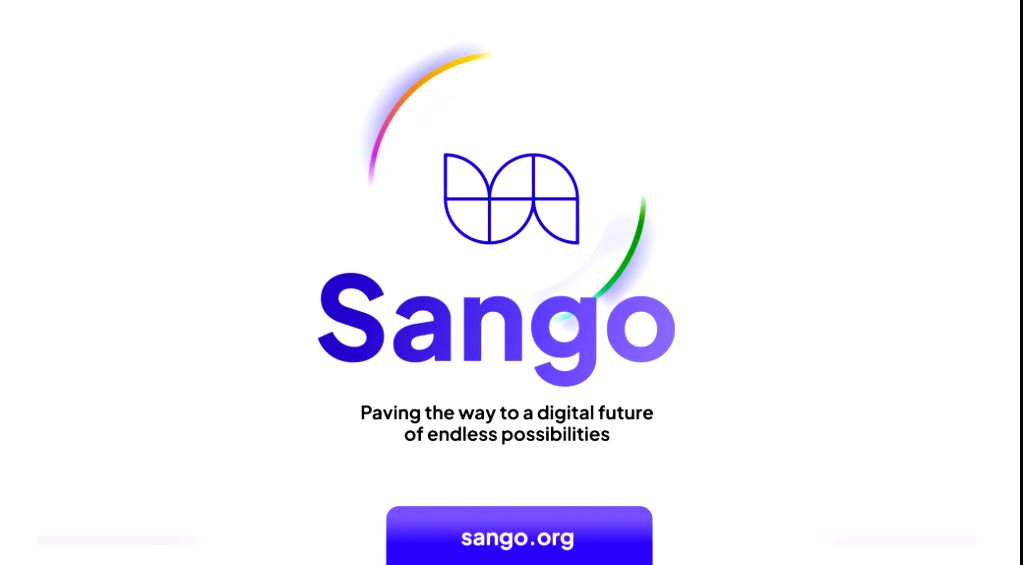Tunisia Launches Call For New Startup Act 2.0 Contributions. Here’s How To Go About Submitting
Tunisia is forging forward with the Startup Act 2.0. Startups and innovation are central to conversations with Tunisia’s entrepreneurial ecosystem players. Discussions on the formation of the strategic committee, which began with Tunisian startups, are making significant progress, mobilising stakeholders in innovation and technology as well as governmental agencies. A genuine cooperation across the many ministries has enabled the formulation of a vision that places startups and innovation at the centre of economic and social growth, as well as the national strategy.

The Startup Act 2.0 is in the works, and the call for contributions released through this form intends to gather feedback from entrepreneurs. As part of its efforts to enhance the business climate, the Ministry of Economy and Planning established a 13th task force dedicated to the knowledge economy, with the primary aim of working on the Startup Act 2.0. This task force is now made up of the Ministry of Communication Technologies as the project leader for revising the framework law for startups, the Ministry of Economy and Planning as the coordinator, the Tunisian Investment Authority (TIA), and TunisianStartups.
Read also Much Like In Tunisia, Orange Fab Cameroon Startup Accelerator Is Now Live
It should be emphasised that the task force will include other members, including the Agency for the Promotion of Industry and Innovation (APII), the Ministry of Higher Education and Scientific Research, Smart Capital, and many more startup ecosystem stakeholders.
A number of efforts have been initiated, including the formation of a ministerial council with a focus on startups, the formation of a 13th task force within the Ministry of Economy and Planning, and the positioning of the BCT as a facilitator between banks and startups. Given the importance of startups and innovation as a driver of growth and economic and social development, the Startup Act 2.0 has become a hot subject.
The growth of start-ups and inventive SMEs is something that the government’s presidency is also interested in. In fact, on July 29, a restricted ministerial council with a focus on startups and innovation was held, and the head of government called for diversifying the industries and regions where startups receive funding, increasing the contribution of women to the creation of these businesses, and attempting to close the startup creation gap between regions.
Read also AfDB to Establish African Pharmaceutical Technology Foundation
For its part, the Central Bank of Tunisia has demonstrated a keen interest in removing the barriers that entrepreneurs encounter, such as issues obtaining bank financing. The exchange legislation is now being modified, which should reduce barriers and make it easier for new businesses and other types of economic actors to join the global market.
It should be remembered that the Startup Act, which was enacted in 2018, intends to encourage the creation of a legal system tailored to the growth of Tunisian companies. The creation of the Startup Act 2.0 is progressing according to a rationale of ongoing improvement of the regulatory environment for entrepreneurs. With the objective of enhancing the ecosystem of entrepreneurship and innovation through a better legislative framework, all major actors are now working together to adopt solutions to satisfy the demands of startups and create a more sustainable and favourable environment.
It should be highlighted, however, that the group’s work continues to be centred on the difficulties and feedback from entrepreneurs that will be gleaned via the TunisianStartups call for contributions, which intends to gather information from businesses to analyse their requirements and provide directions and solutions. possibility of being incorporated into the Startup Act 2.0.
Read also South Africa’s Central Bank Says Banks Can Work With Crypto Exchanges
Fill out this form before August 30 to contribute to the Startup Act 2.0.
Tunisia Startup Act 2.0 Tunisia Startup Act 2.0
Charles Rapulu Udoh

Charles Rapulu Udoh is a Lagos-based lawyer, who has several years of experience working in Africa’s burgeoning tech startup industry. He has closed multi-million dollar deals bordering on venture capital, private equity, intellectual property (trademark, patent or design, etc.), mergers and acquisitions, in countries such as in the Delaware, New York, UK, Singapore, British Virgin Islands, South Africa, Nigeria etc. He’s also a corporate governance and cross-border data privacy and tax expert.
As an award-winning writer and researcher, he is passionate about telling the African startup story, and is one of the continent’s pioneers in this regard. You can book a session and speak with him using the link: https://insightsbyexperts.com/view_expert/charles-rapulu-udoh




















